Jakarta, MINA – Indonesia’s Deputy Minister of Foreign Affairs Arif Havas Oegroseno firmly stated that Indonesia’s official entry into the BRICS economic cooperation group does not signify an anti-Western stance.
Havas made this assertion during a public discussion titled “Double Check: President Prabowo’s Goodwill from the International World,” held by the Presidential Communication Office in South Jakarta on Saturday.
“Indonesia is not anti-Western. We maintain good relations with various countries, including India, which is also a member of BRICS and Quad, alongside Japan, Australia, and the United States. Therefore, there’s no reason to view BRICS membership as a form of antipathy towards the West,” Havas clarified.
BRICS, initially founded by Brazil, Russia, India, China, and South Africa, now comprises 10 member states. Indonesia officially joined along with Iran, Saudi Arabia, Egypt, Ethiopia, and the United Arab Emirates. This expanded group aims to strengthen cooperation in economics, trade, and natural resource management, aspiring to balance the economic dominance of Western nations.
Also Read: 174 Dead, 79 Missing in Hydrometeorological Disasters in Indonesia
According to Havas, Indonesia’s participation in BRICS offers significant opportunities, particularly in discussions concerning fair and sustainable vegetable oil standards. This is crucial for Indonesia, one of the world’s leading palm oil producers, which frequently faces challenges from European environmental standards.
“With BRICS, we can encourage the emergence of discussions on new, fairer sustainability standards. Europe has its own standards, and we, too, must have standards relevant to the conditions of developing countries,” he explained.
Furthermore, Havas revealed that BRICS recently held a meeting of critical raw material-producing countries, such as nickel, cobalt, and copper, which are essential for the global energy transition. Indonesia garnered significant attention at this forum due to its successful mineral downstreaming program.
“Many countries asked us about downstreaming and how to balance economic benefits with social and environmental responsibilities. This presents promising potential for future cooperation,” he added.
Also Read: Power Outage Hits Entire Aceh, Residents Flock to Coffee Shops to Charge Phones
BRICS itself aims to strengthen economic cooperation, expand markets, and enhance the bargaining power of developing countries within the global economic order. Indonesia’s membership is expected to broaden trade access and bolster its influence on the international stage.
Beyond BRICS, Indonesia remains actively involved in various international forums, including the G20, ASEAN, and OIC (Organization of Islamic Cooperation), demonstrating its independent and active foreign policy that is not aligned with any particular bloc.
The Indonesian government hopes that its presence on these diverse multilateral platforms will reinforce Indonesia’s strategic position in fostering a more just and sustainable global balance. [Shibgho]
Mi’raj News Agency (MINA)
Also Read: West Sumatra Suspends In-Person Classes, Implements Remote Learning for Three Days






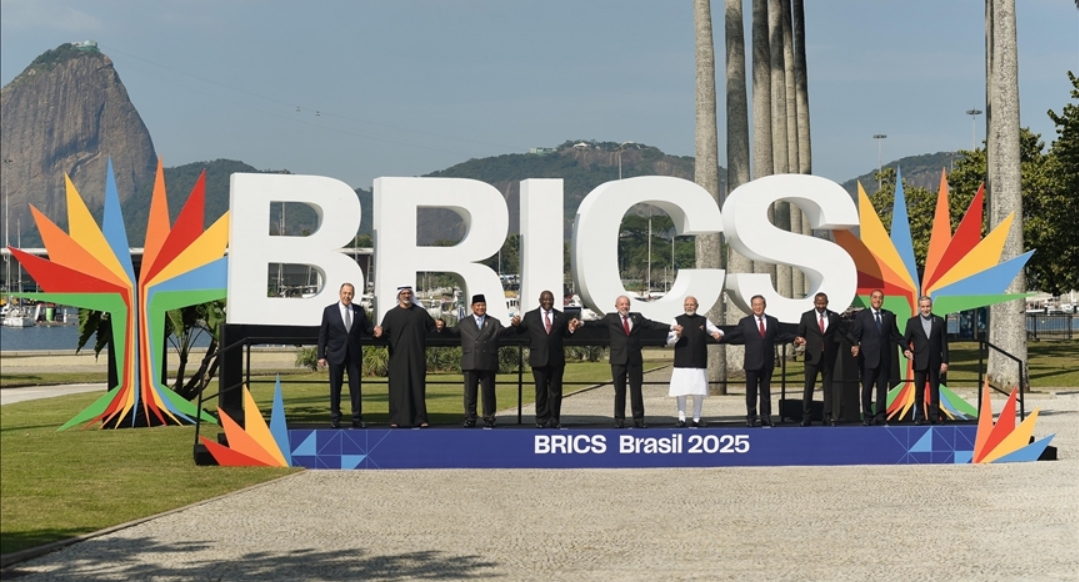



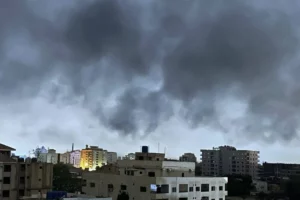


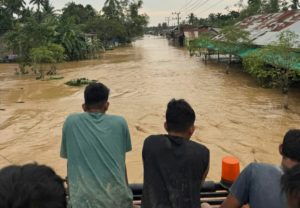


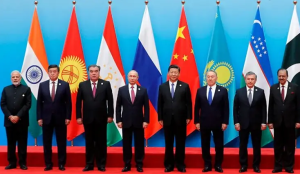
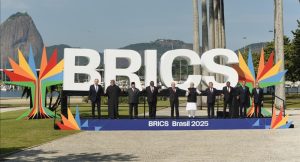
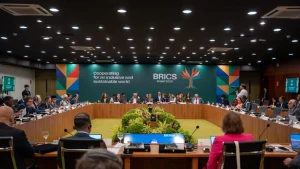











 Mina Indonesia
Mina Indonesia Mina Arabic
Mina Arabic